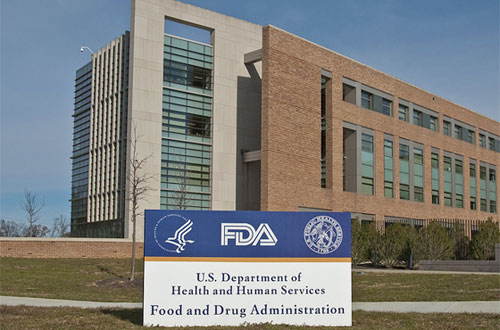
Bristol-Myers Squibb can add advanced bladder cancer to the list of approved indications for its checkpoint inhibitor Opdivo after a positive verdict from the FDA.
The US regulator approved the immuno-oncology drug as a second-line therapy for locally advanced or metastatic urothelial carcinoma (mUC) – the most common form of bladder cancer. Opdivo (nivolumab) can be used in patients whose disease has progressed during or after platinum-based chemotherapy.
That is pretty much the same label granted to Roche’s rival checkpoint inhibitor Tecentriq (atezolizumab) by the FDA last May, setting the two drugs in direct competition with each other for the first time.
Opdivo’s other main competitor – Merck & Co’s Keytruda (pembrolizumab) – is not yet approved for bladder cancer but has been filed in that indication, while AstraZeneca also hoping for approval of its durvalumab candidate in mUC later this year.
Opdivo has been given an accelerated approval for mUC based on the strength of data from the phase II CheckMate-275 trial on tumour response rate and duration of response. Overall, almost 20% of patients responded to treatment with the drug, with around 3% experiencing a complete response and 17% a partial response to treatment. The median duration of response was a little over 10 months.
Bladder cancer has proved to be remarkably resistant to new drug therapy. The standard of care remains cisplatin and there have been few treatment advances over the last 30 years, so immuno-oncology agents are expected to make swift and dramatic headway both in the second- and first-line treatment settings.
Stephanie Chisolm, director of education and research at the Bladder Cancer Advocacy Network, said: “Most people don’t know how common bladder cancer is and that it is the fifth most diagnosed cancer.
“This approval is another exciting step forward for the bladder cancer community and provides needed hope to patients and their families.”
The bladder cancer indication adds to Opdivo’s current approvals in melanoma, non-small cell lung cancer (NSCLC), renal cell carcinoma, head and neck cancer and classical Hodgkin lymphoma. Last year the drug brought in $3.8bn in revenues, around four times its sales in the previous year.




